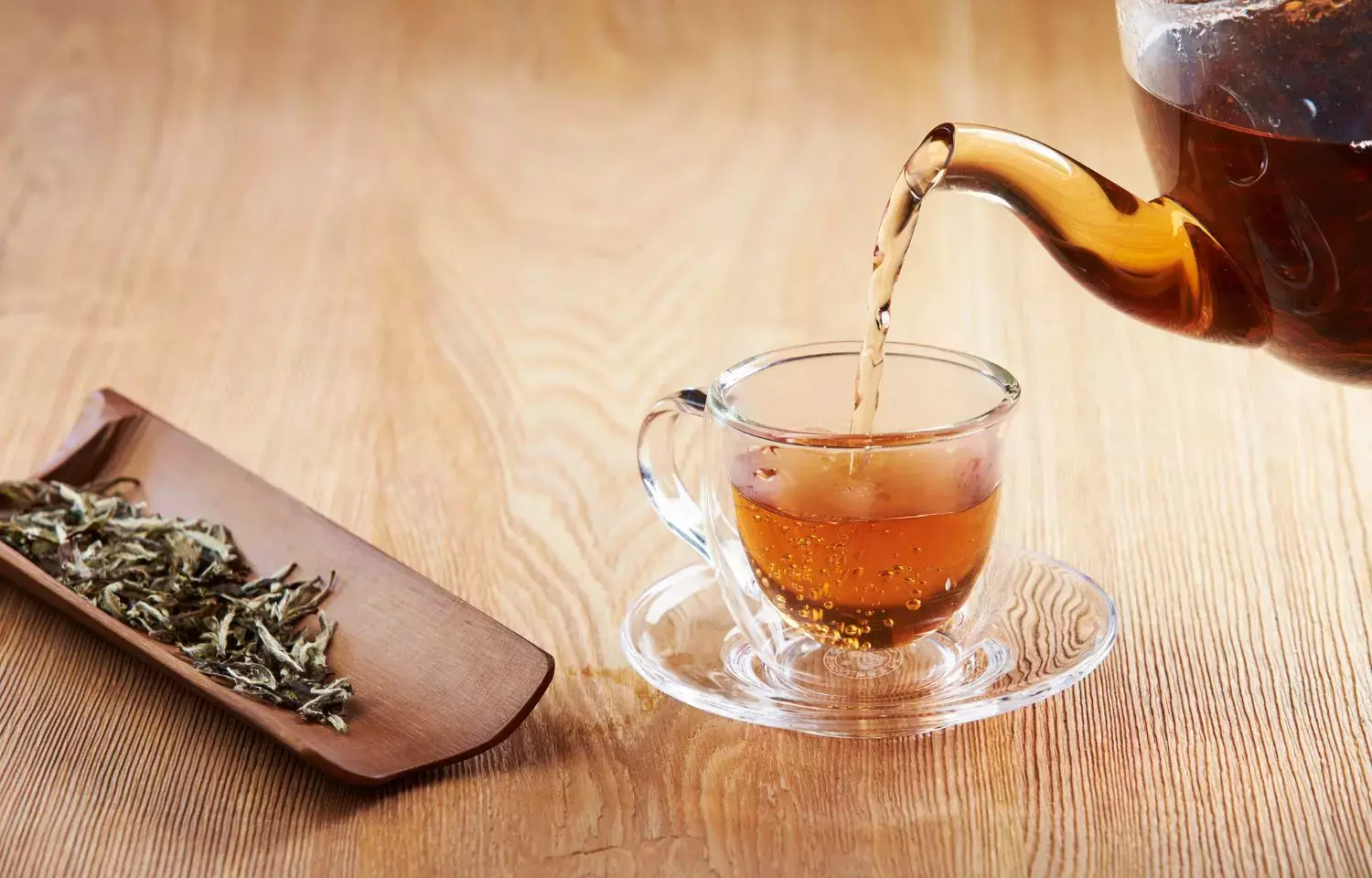- Home
- Medical news & Guidelines
- Anesthesiology
- Cardiology and CTVS
- Critical Care
- Dentistry
- Dermatology
- Diabetes and Endocrinology
- ENT
- Gastroenterology
- Medicine
- Nephrology
- Neurology
- Obstretics-Gynaecology
- Oncology
- Ophthalmology
- Orthopaedics
- Pediatrics-Neonatology
- Psychiatry
- Pulmonology
- Radiology
- Surgery
- Urology
- Laboratory Medicine
- Diet
- Nursing
- Paramedical
- Physiotherapy
- Health news
- Fact Check
- Bone Health Fact Check
- Brain Health Fact Check
- Cancer Related Fact Check
- Child Care Fact Check
- Dental and oral health fact check
- Diabetes and metabolic health fact check
- Diet and Nutrition Fact Check
- Eye and ENT Care Fact Check
- Fitness fact check
- Gut health fact check
- Heart health fact check
- Kidney health fact check
- Medical education fact check
- Men's health fact check
- Respiratory fact check
- Skin and hair care fact check
- Vaccine and Immunization fact check
- Women's health fact check
- AYUSH
- State News
- Andaman and Nicobar Islands
- Andhra Pradesh
- Arunachal Pradesh
- Assam
- Bihar
- Chandigarh
- Chattisgarh
- Dadra and Nagar Haveli
- Daman and Diu
- Delhi
- Goa
- Gujarat
- Haryana
- Himachal Pradesh
- Jammu & Kashmir
- Jharkhand
- Karnataka
- Kerala
- Ladakh
- Lakshadweep
- Madhya Pradesh
- Maharashtra
- Manipur
- Meghalaya
- Mizoram
- Nagaland
- Odisha
- Puducherry
- Punjab
- Rajasthan
- Sikkim
- Tamil Nadu
- Telangana
- Tripura
- Uttar Pradesh
- Uttrakhand
- West Bengal
- Medical Education
- Industry
Consumption of Black tea associated with reduced death risk due to ischemic heart disease and stroke

Tea is a popular beverage globally and studies in the past have shown an association between tea drinking and reduced mortality mostly in Asian populations who typically drink green tea.
Researchers at NIH's National Cancer Institute (NCI) have found in a new study that Tea drinking was associated with reduced mortality from cardiovascular diseases.Further tea drinkers in the study had lower mortality from ischemic heart disease and stroke. However tea drinkers did not have lower mortality from cancer or respiratory disease than non-tea drinkers.
The results have appeared in the September 2022 issue of Annals of Internal Medicine.
In places such as Europe and the United States, black tea is more common. The few studies done on black tea-drinking populations have produced mixed results.
A research team led by Dr. Maki Inoue-Choi of NIH's National Cancer Institute (NCI) investigated the association between tea drinking and mortality in the United Kingdom, where black tea is popular. The team used data on nearly half a million people, ages 40-69, who enrolled in the UK Biobank study between 2006 and 2010.
The participants completed questionnaires covering demographic, lifestyle, and health-related information. This included the number of cups of tea they drank each day. The researchers followed participants for the 14-year study period, until early 2020.
For those who died during this time, the researchers obtained date and cause of death from the UK National Health Service.
The researchers found a 9-13% lower risk of death among people who drank at least 2 cups of tea per day than among non-tea drinkers. Tea drinking was associated with reduced mortality from cardiovascular diseases.
In particular, tea drinkers in the study had lower mortality from ischemic heart disease and stroke. By contrast, the tea drinkers did not have lower mortality from cancer or respiratory disease than non-tea drinkers.
The team controlled for demographic, health, and lifestyle factors in their analysis. Genetic data were available for most participants, allowing the researchers to assess whether the associations they found varied with genetic variants that affect how fast people metabolize caffeine. They found that these variants did not affect the associations, nor did drinking coffee. Adding milk or sugar to the tea didn't change the associations, either.
"The results reinforce that tea, including black tea, can be part of a healthy diet," says senior author Dr. Erikka Loftfield of NCI. But the researchers caution that the study is observational and cannot prove that tea drinking lowered the risk of death directly.
They also did not assess some aspects of tea drinking, such as cup size and tea strength, that may be important. Further study will be needed to determine if and how tea reduces the risk of death.
"People shouldn't change their tea drinking habits based on this study alone," Inoue-Choi says. "But if you drink tea already, you may be getting benefits from it."
Reference:
Tea Consumption and All-Cause and Cause-Specific Mortality in the UK Biobank : A Prospective Cohort Study. Inoue-Choi M, Ramirez Y, Cornelis MC, Berrington de González A, Freedman ND, Loftfield E. Ann Intern Med. 2022 Sep;175(9):1201-1211. doi: 10.7326/M22-0041. Epub 2022 Aug 30. PMID: 36037472.
Dr Kamal Kant Kohli-MBBS, DTCD- a chest specialist with more than 30 years of practice and a flair for writing clinical articles, Dr Kamal Kant Kohli joined Medical Dialogues as a Chief Editor of Medical News. Besides writing articles, as an editor, he proofreads and verifies all the medical content published on Medical Dialogues including those coming from journals, studies,medical conferences,guidelines etc. Email: drkohli@medicaldialogues.in. Contact no. 011-43720751


